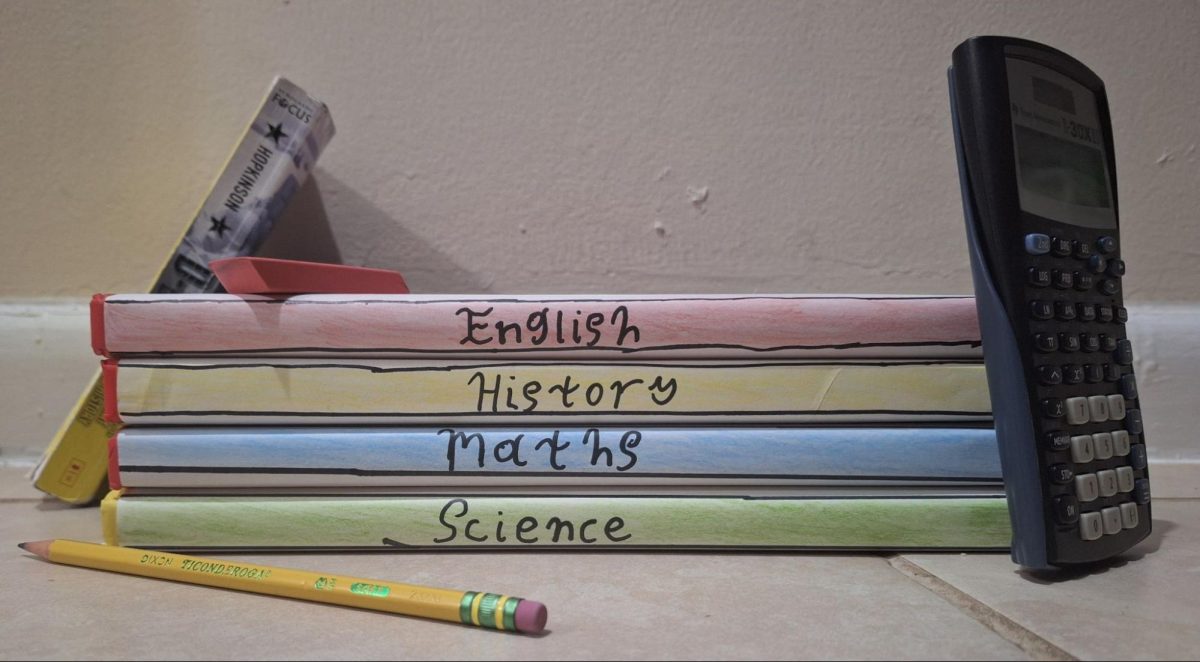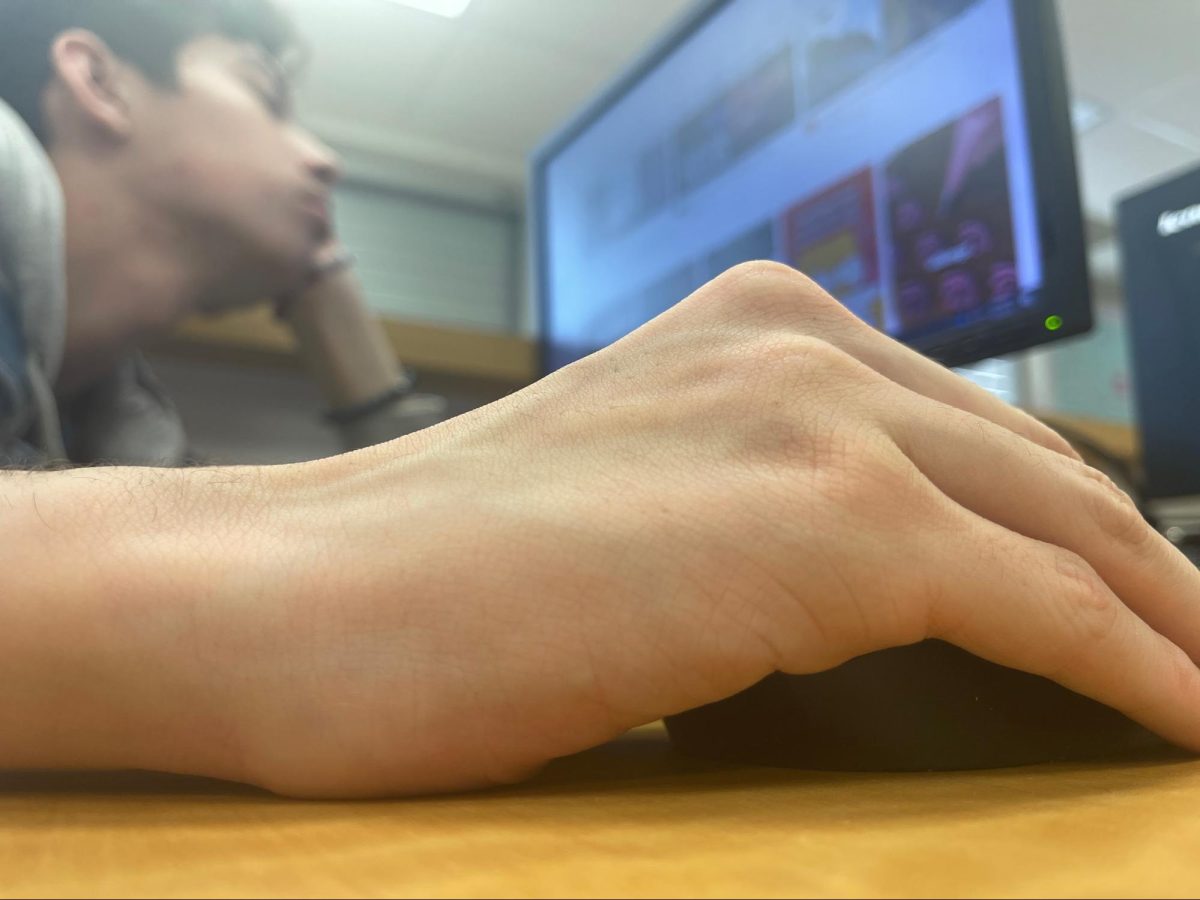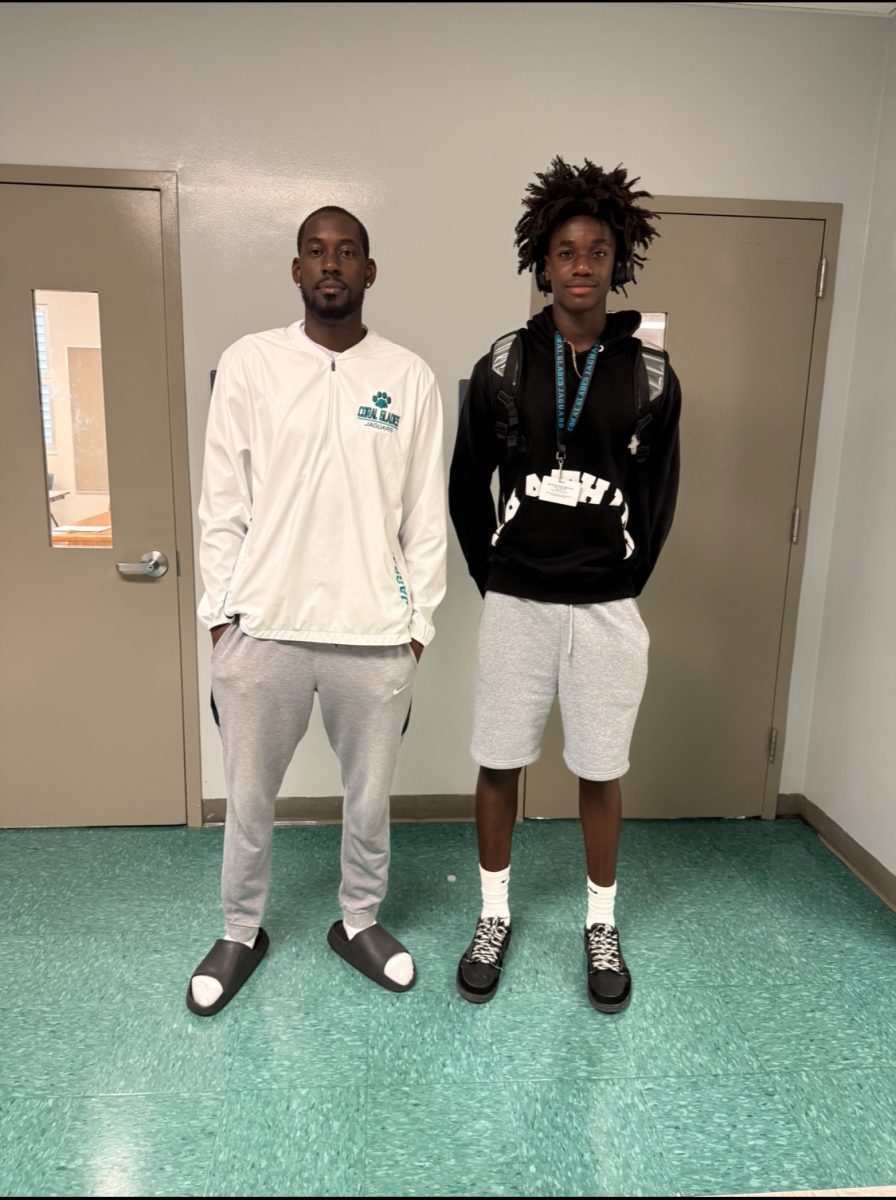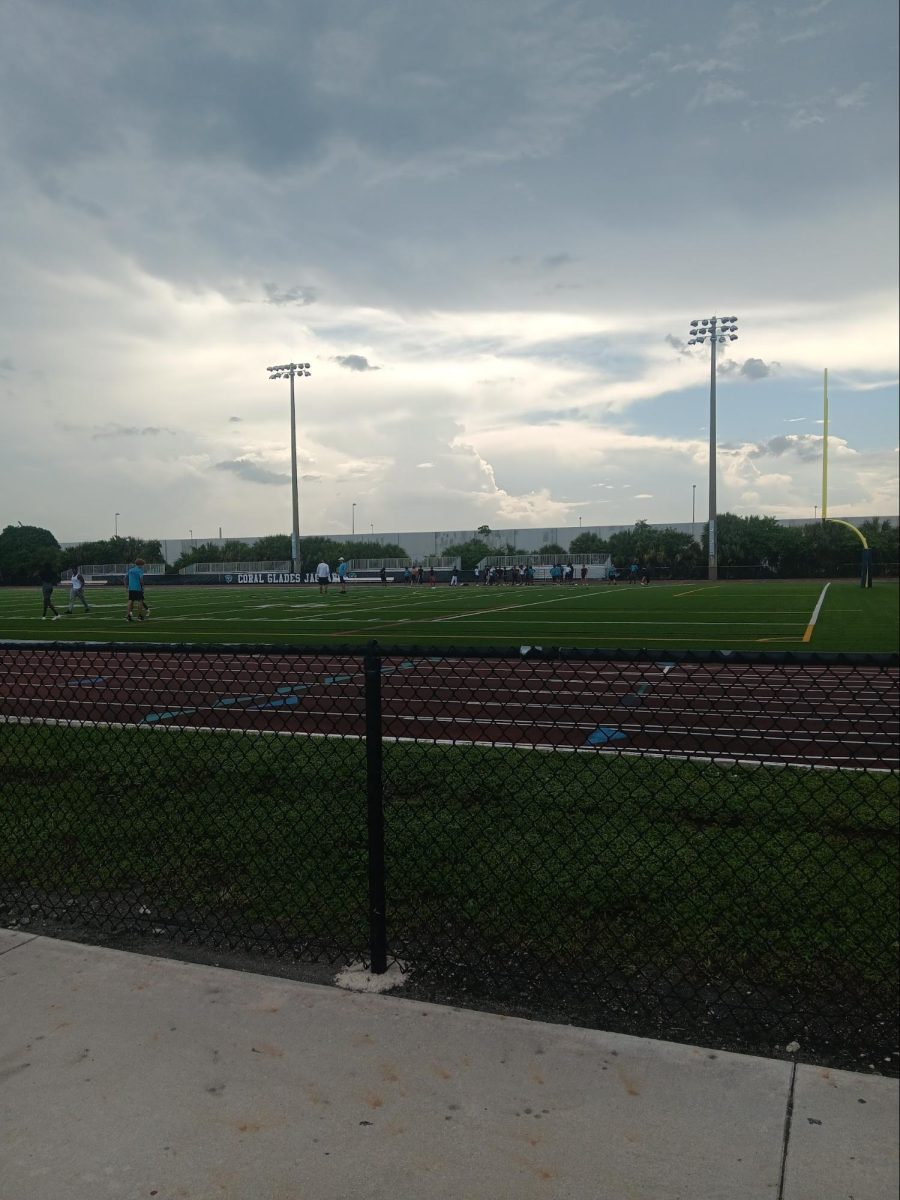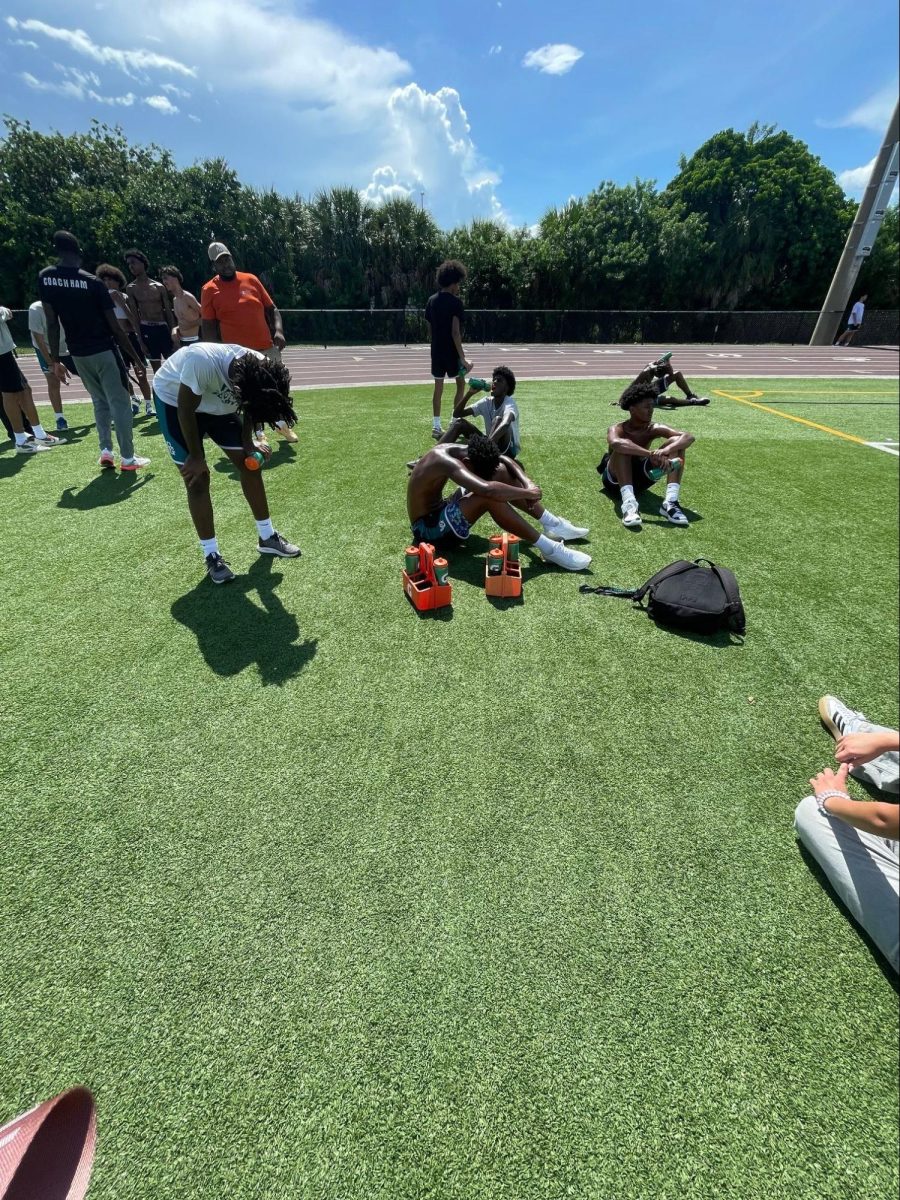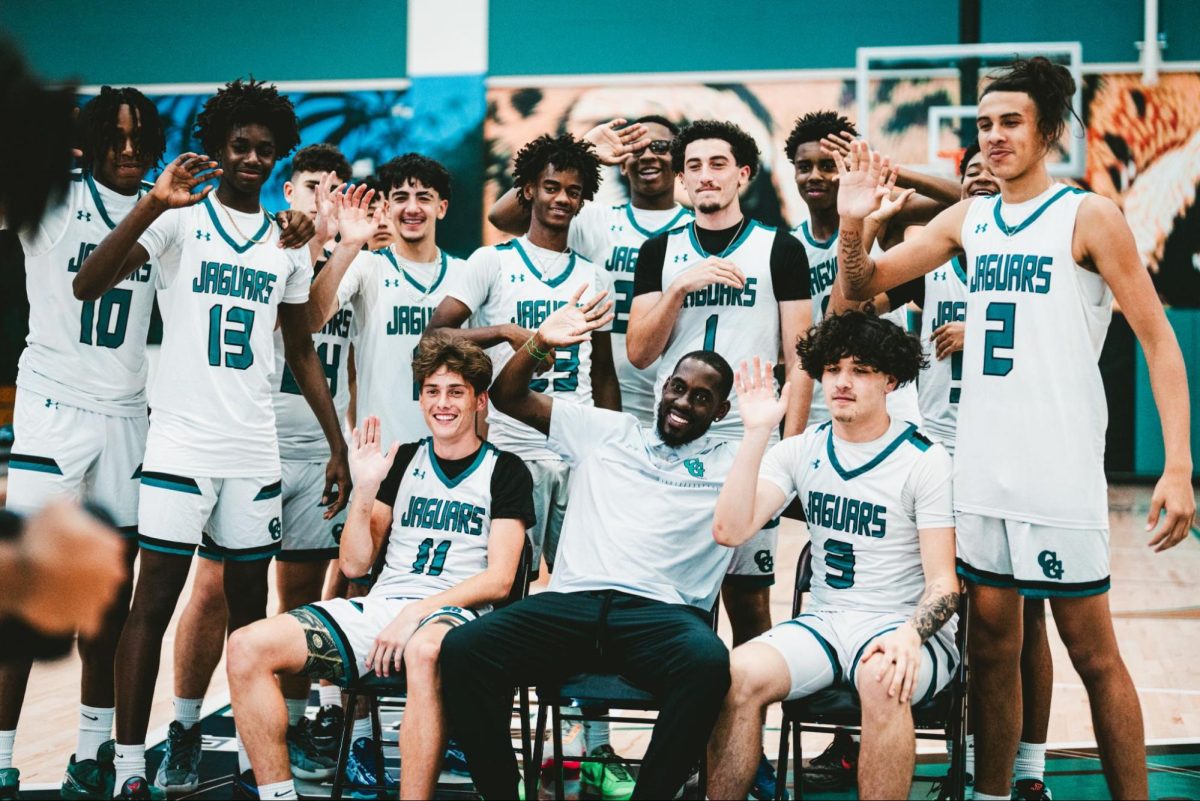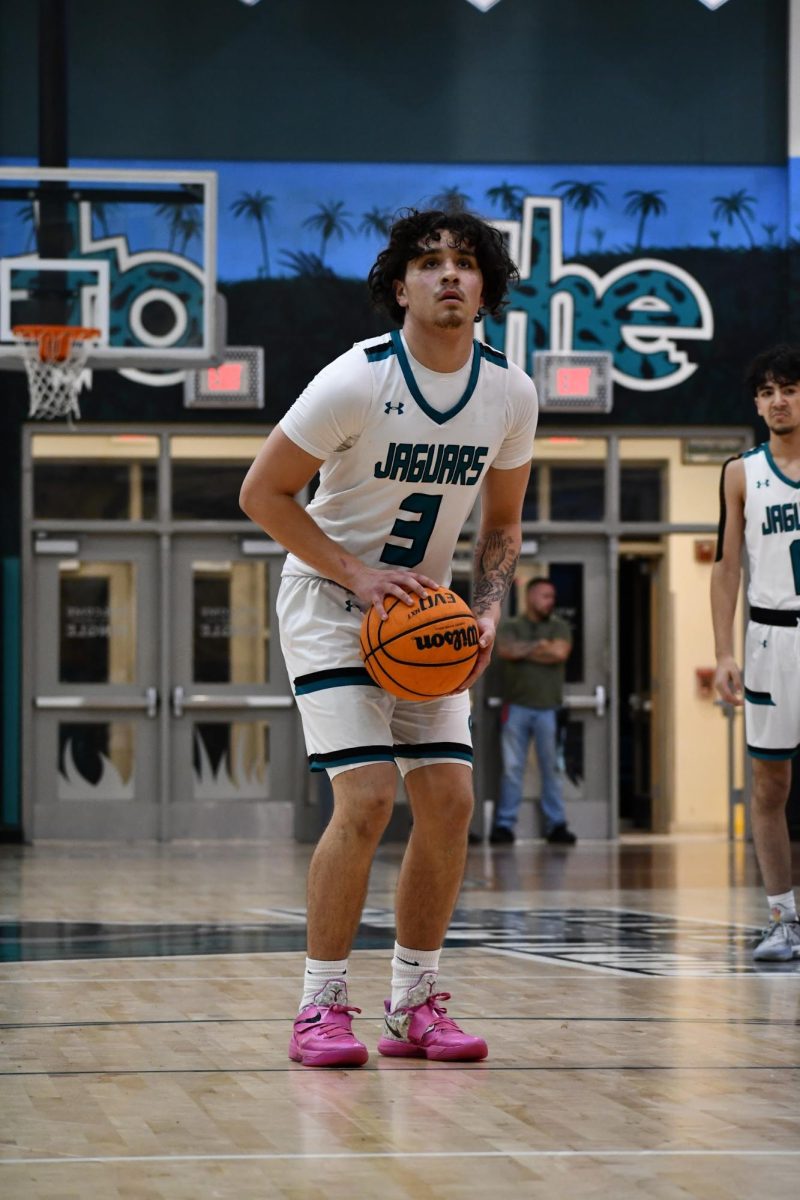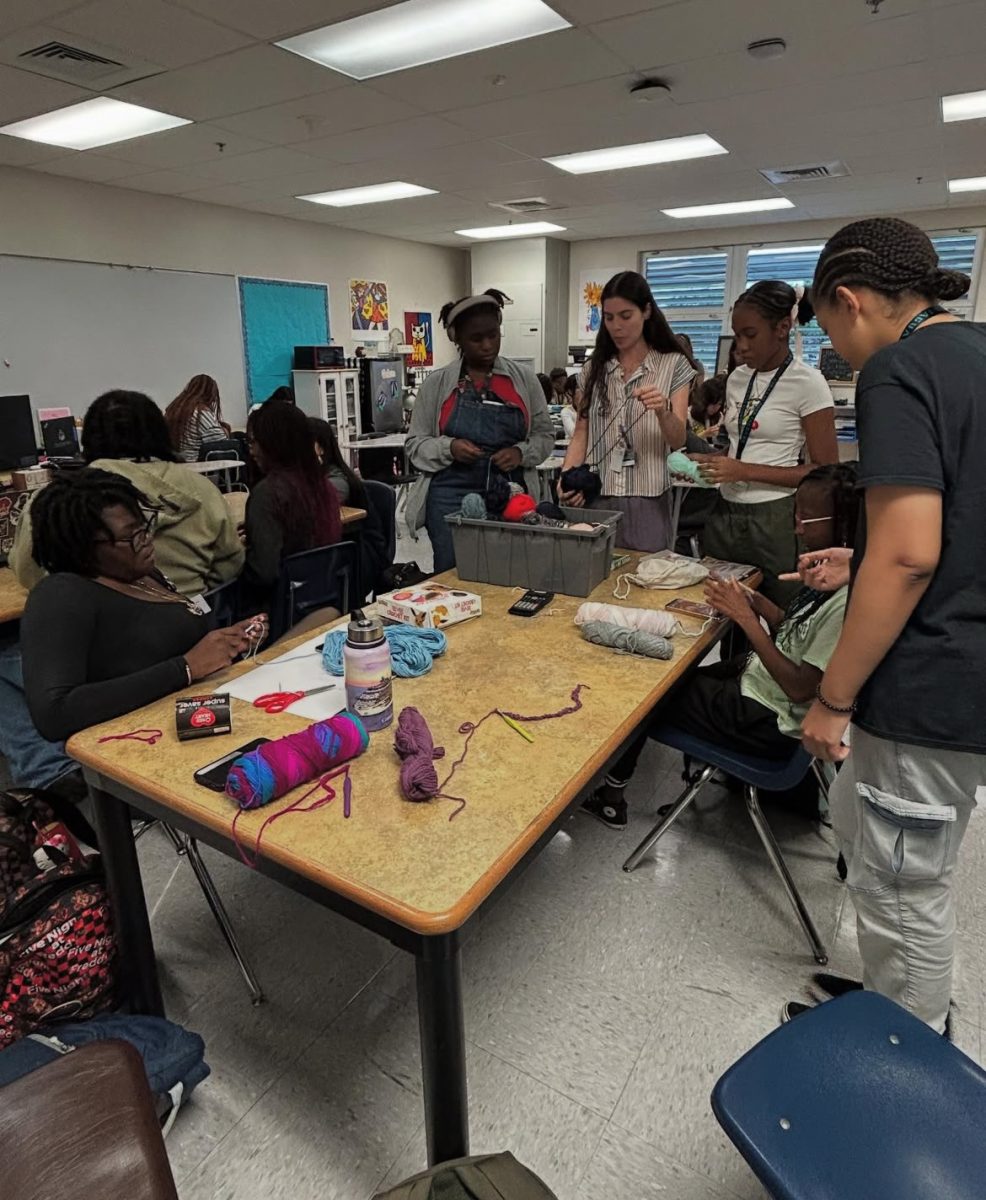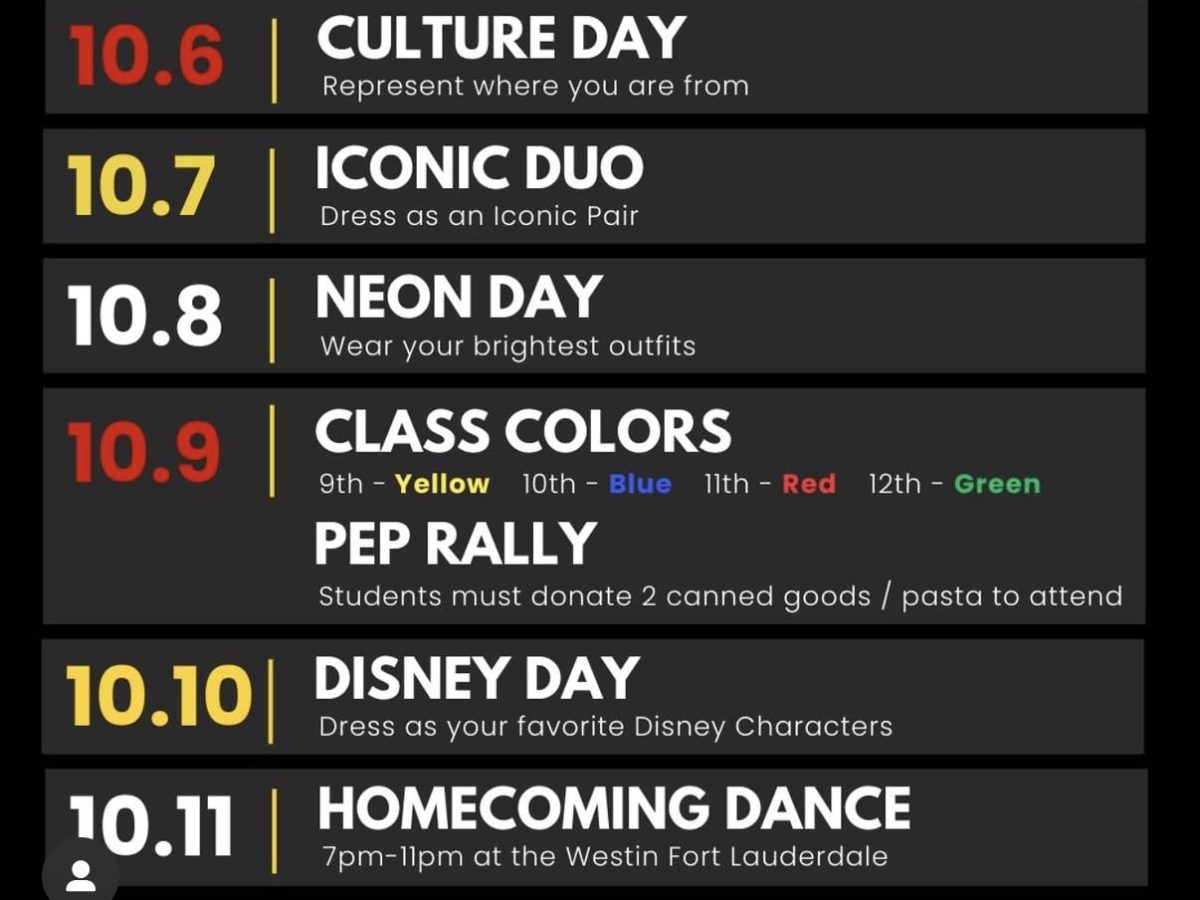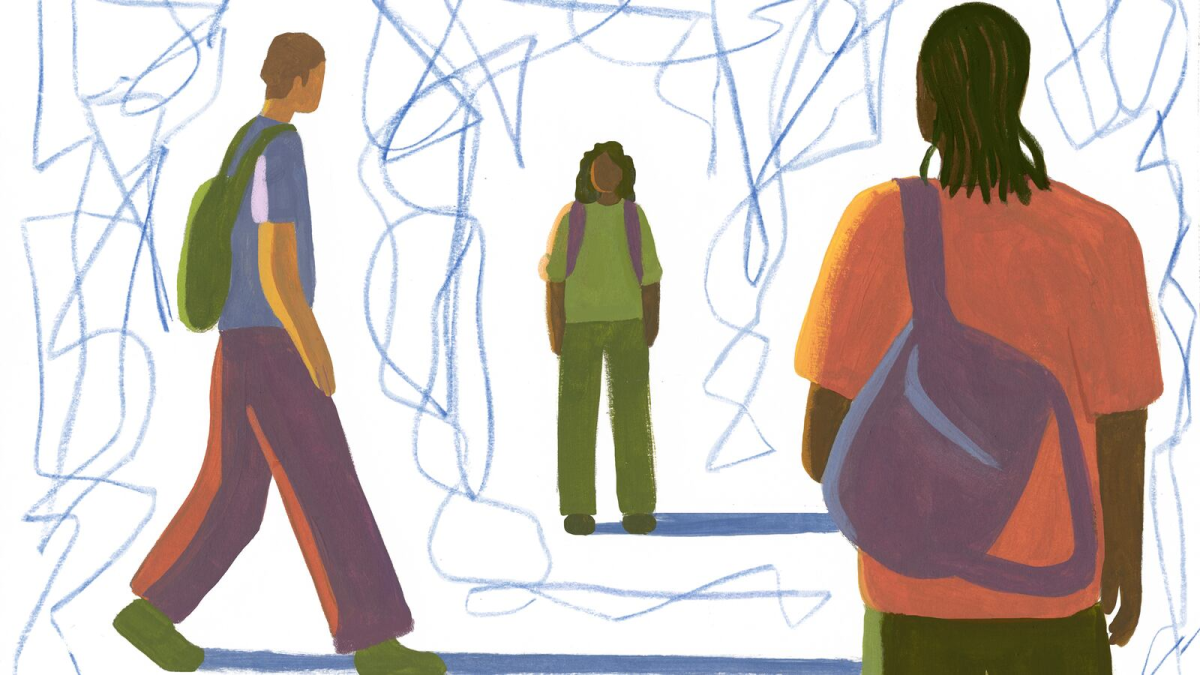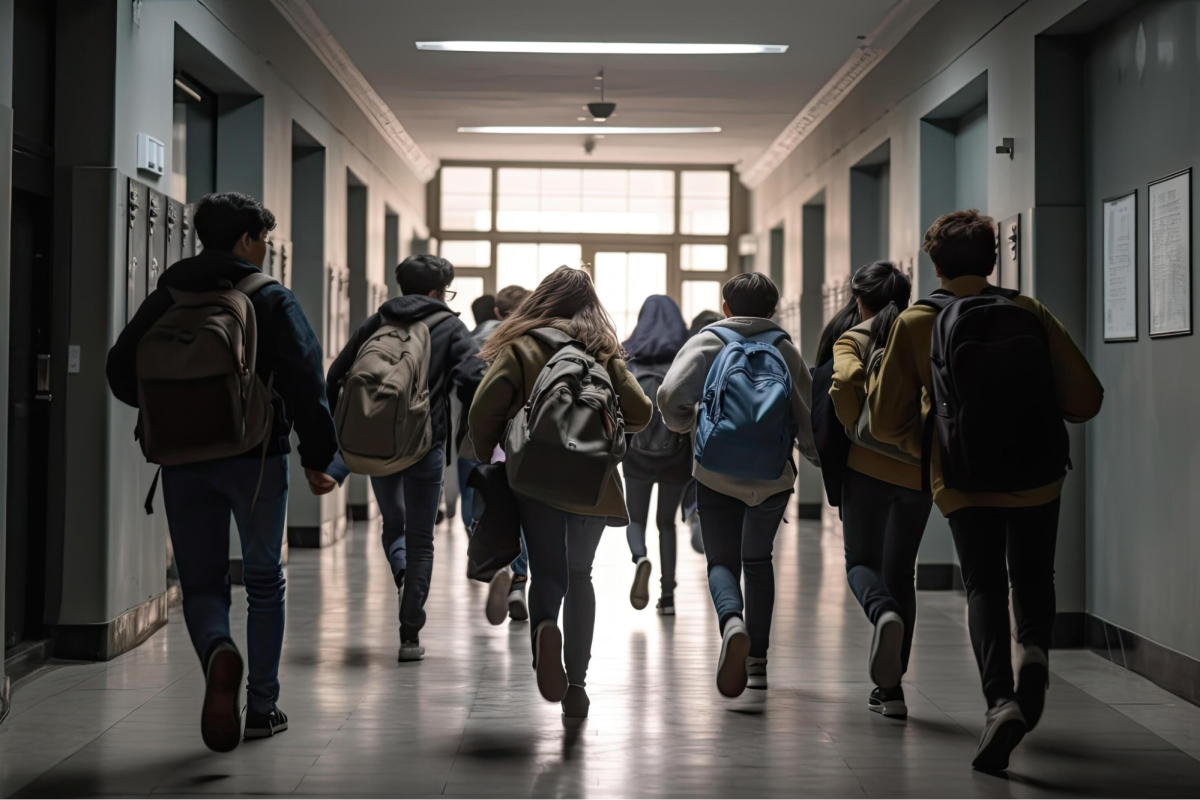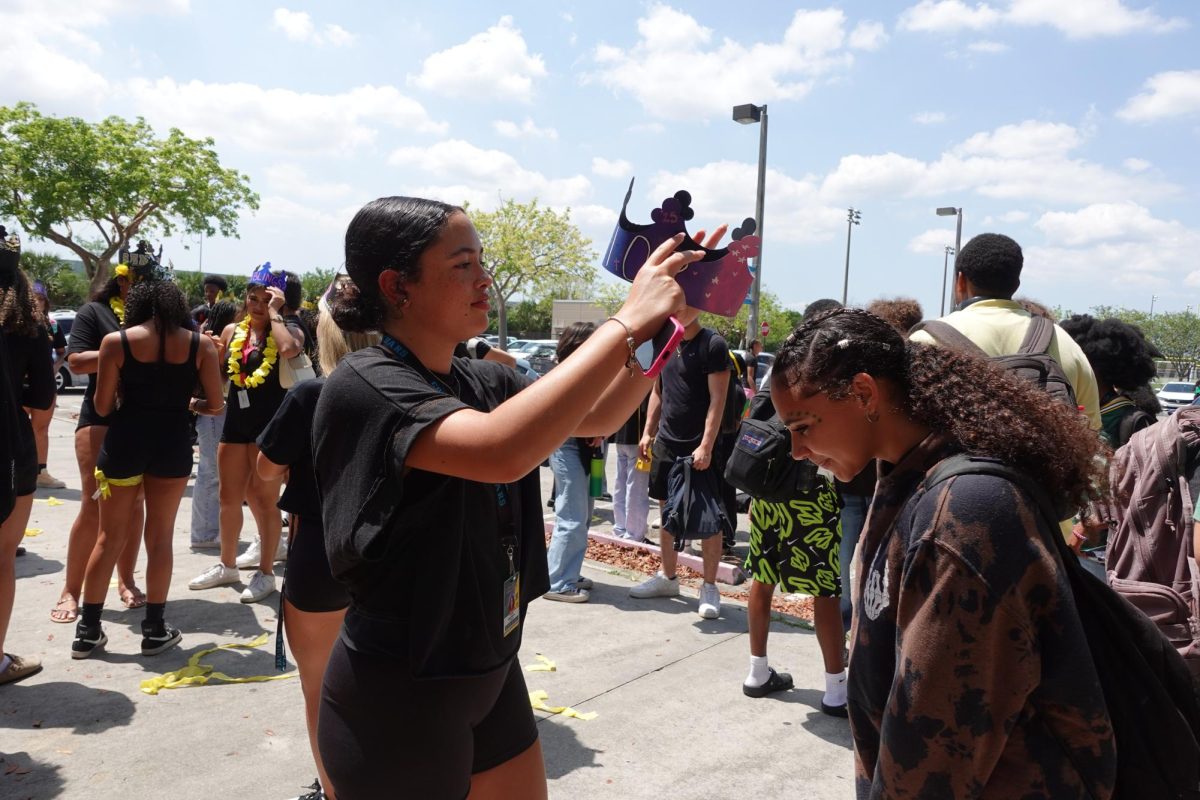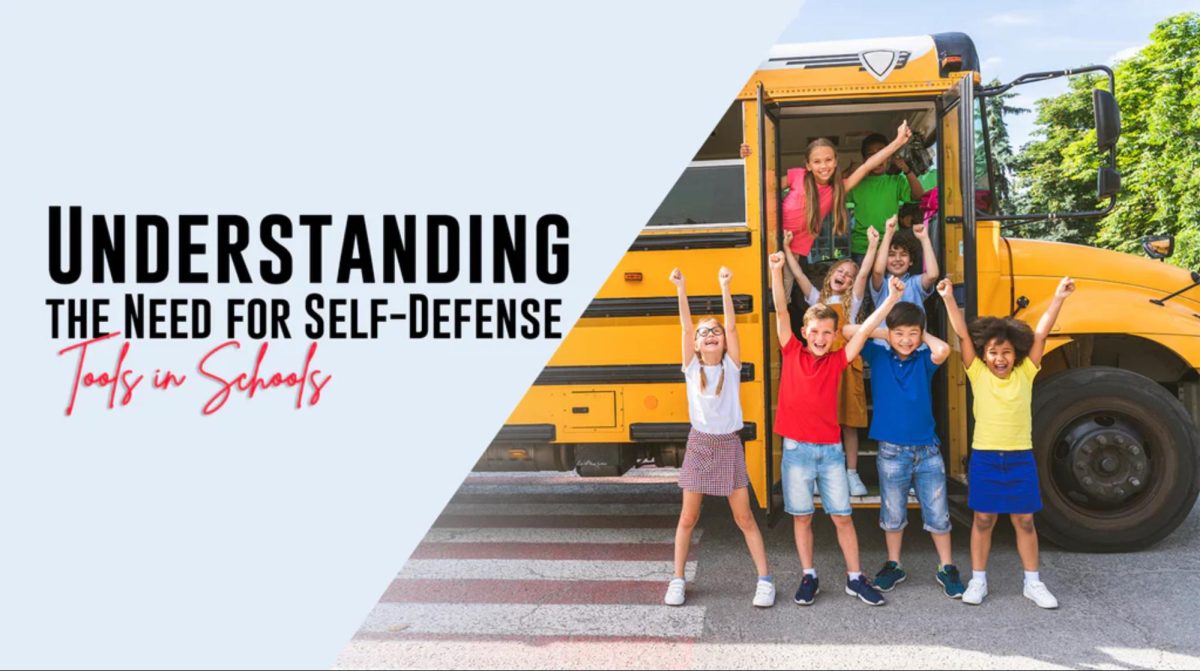The debate over whether self-defense should be permitted in schools hinges on several factors, including context, policies, and individual circumstances.
Some people argue that self-defense allows students to protect themselves and fosters a sense of security and empowerment in potentially dangerous situations. They believe that the ability to defend oneself can deter bullying and promote a safer environment. Others worry that permitting self-defense might lead to misunderstandings, escalating conflicts, and even a culture of violence.
Vanessa Brown (11th grade) stated, “If someone hits me I shouldn’t be worried about getting suspended for defending myself because if I don’t defend myself that will make it worse for me in the school environment. I mean self-defense is something that can be a variety of different things but of course, in the school environment it should be to a certain extent.”
When discussing defense in schools, it’s crucial to clarify what is meant by the term. We are not advocating for the presence of harmful weapons like guns, pepper spray, or tasers on campus. Instead, the focus is on the right to respond physically when directly threatened. If someone physically assaults you, should you face punishment for defending yourself?
While violence is generally not a solution, there are instances where self-defense can be justified. High school environments are often filled with drama, and conflicts can arise unexpectedly. Sometimes, individuals become targets without provocation, or they may feel pressured to act in certain ways to fit in or gain attention. In these scenarios, the instinct to defend oneself becomes crucial.
If you are physically attacked, you should absolutely have the right to defend yourself. Failing to do so can lead to peer ridicule, feelings of weakness, and a sense of injustice. Allowing students to protect themselves can help decrease these negative outcomes and encourage a more respectful atmosphere.
Terrance Williams(12th grade) stated, “I understand why schools put certain rules on certain things that might be allowed outside of school. But it should be fair. I feel like when it starts to become unfair then it’s a problem and they should try to put themselves more in our shoes.
So in reality making both people pay the consequences of one’s actions isn’t the right thing to do. Both are receiving the same consequences when one doesn’t do anything. It disregards individual responsibility and accountability. When consequences are applied unfairly it can discourage someone’s personal accountability, create resentment, and fail to address the underlying actions of the responsible party. The fairness should involve considering the intent, actions, and impact on each person involved.
In conclusion, self-defense should be permitted to a reasonable extent in schools, focusing on protecting oneself without endangering others. By fostering a clear understanding of what self-defense entails, schools can promote safety while minimizing the risk of escalating violence.

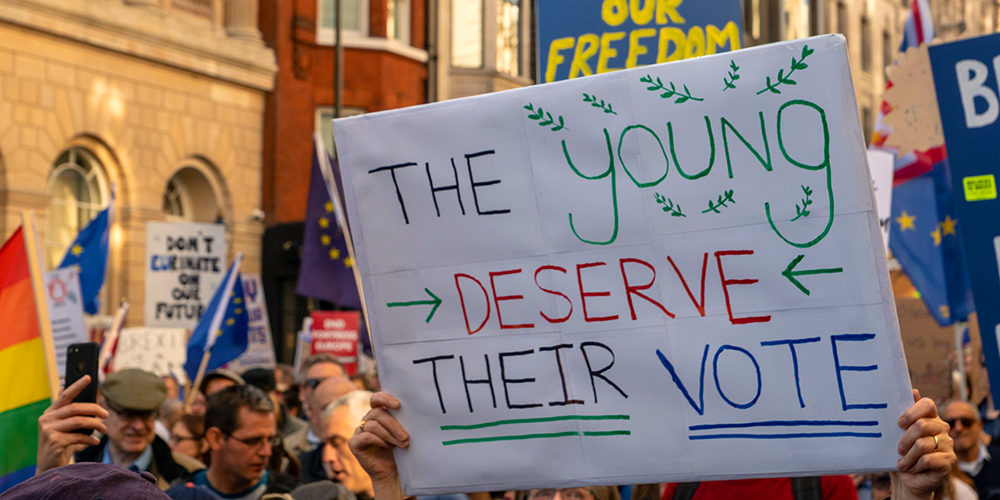
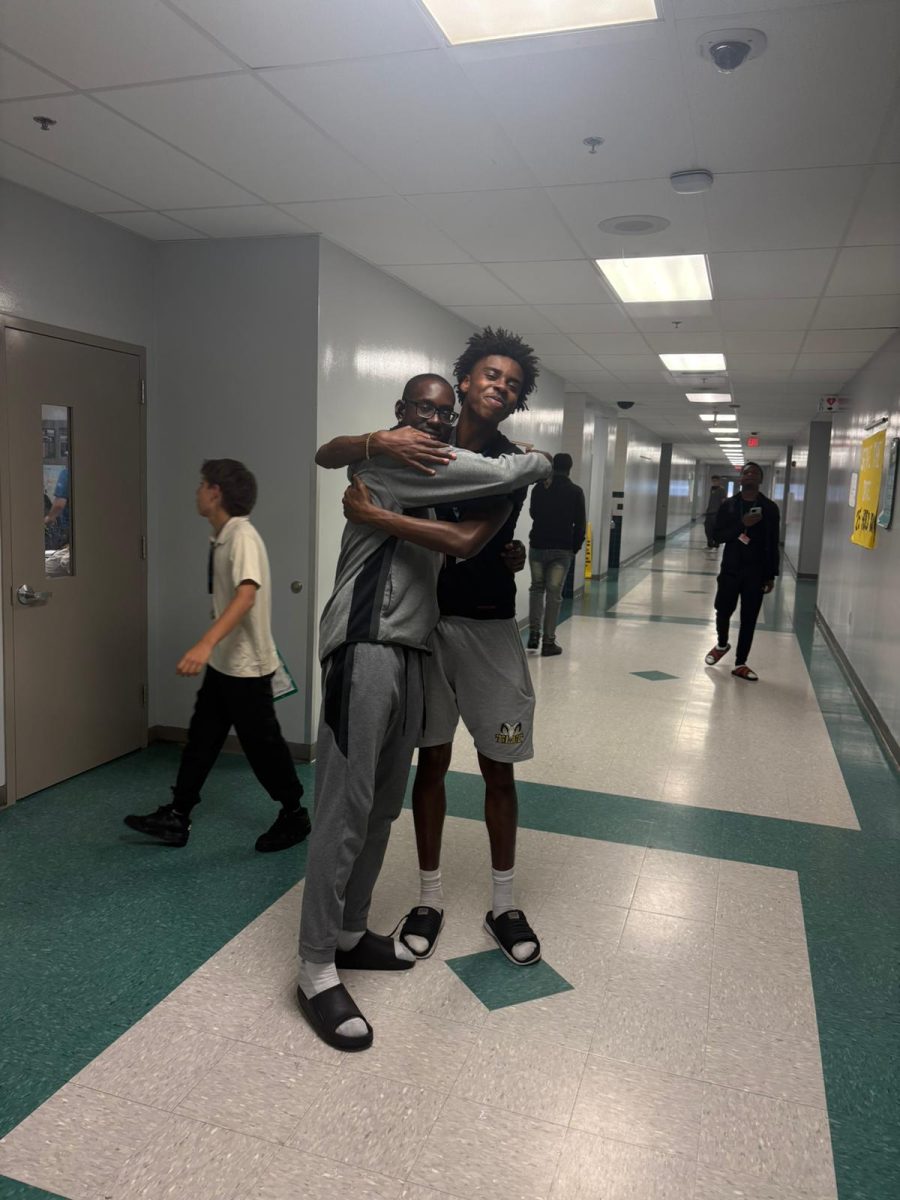


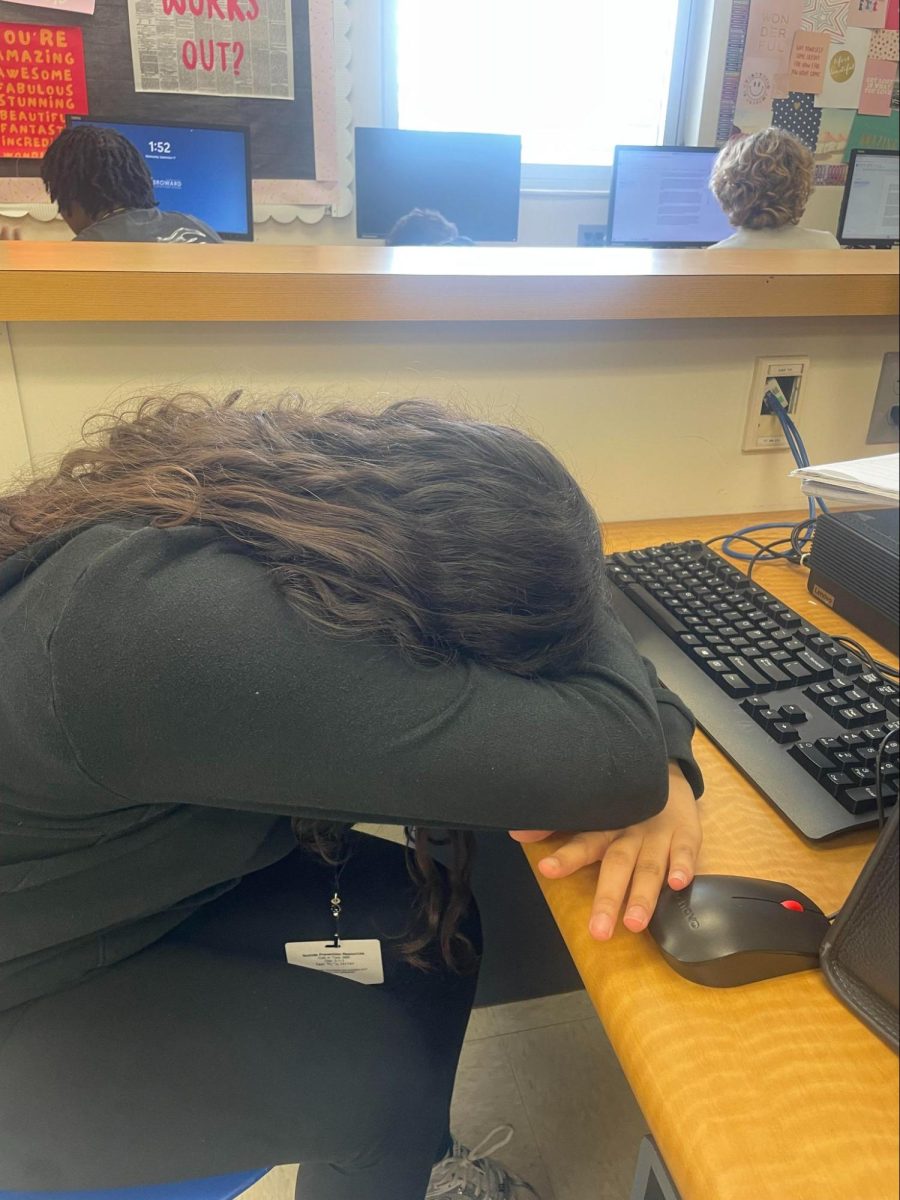


![[Photograph of an Italian sandwich] Photo Creds: https://www.thepioneerwoman.com/food-cooking/recipes/a42398453/italian-sandwich-recipe/](https://cghstheprowl.com/wp-content/uploads/2025/10/image1.png)






